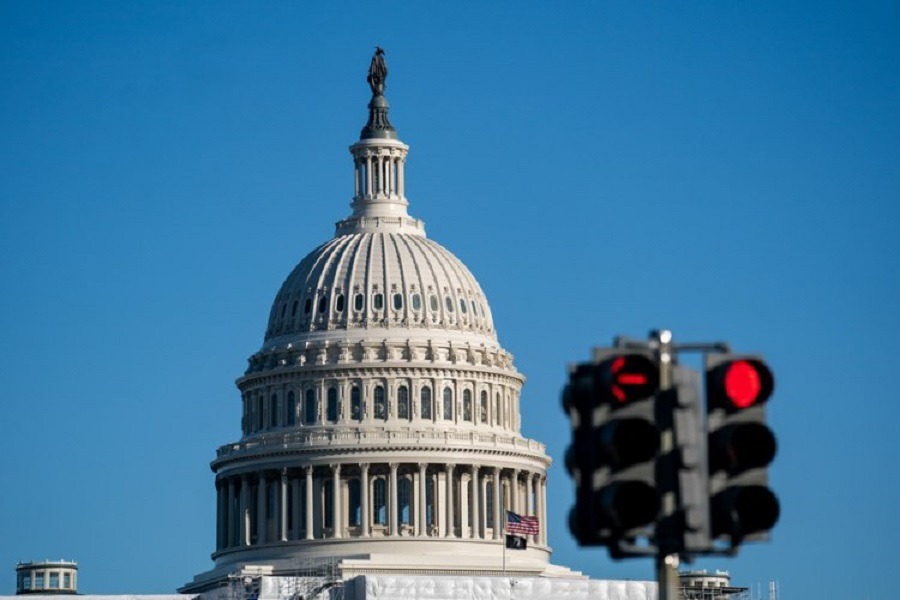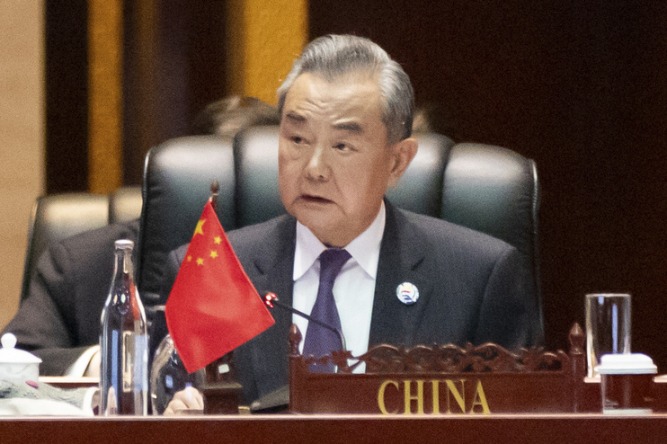
Transnational Crime Dominates in the Greater Golden Triangle
The DiplomatIn the winter of 1890-1891, Lt. L.E. Over the past 15 years, the report states, Shan State in eastern Myanmar and Bokeo province in northern Laos have come to form “a contiguous zone of vibrant criminality, much of it beyond the reach of state authorities.” The two regions, separated by the waters of the Mekong River, are now centers of criminality that run the gamut from unregulated casinos, agglomerations of neon in the tropical hills, to money laundering, drug production and trafficking, online scamming operations, and the illegal wildlife trade. As of March of this year, the ICG reported, the zone had evolved into “a city-scale development, featuring more than twenty hotels, dozens of high-rise office buildings, schools and hospitals, water treatment and sanitation facilities, and an international airport nearing completion.” As one analyst noted last year, Lao government officials are largely powerless to stem the criminality within the zone, noting that “local authorities are barred from entering and international inspectors are routinely turned away.” The other center of criminality identified by the ICG is in Myanmar’s Shan State, a Balkanized region that is divided between the control of the central government, non-state armed groups like the 20,000-strong United Wa State Army, and dozens of militias aligned with the Myanmar military, which enjoy de facto autonomy in the slivers of territory under their control. Shan State “is one of the largest global production centers of crystal methamphetamine, as well as amphetamine tablets and heroin – a drug trade so large and profitable that it dwarfs the state’s formal economy,” the ICG report states. “Drugs lie at the heart of Shan State’s political economy, fueling both criminality and conflict.” While parts of Shan State have long been a regional epicenter of illicit activities, the situation has only worsened since the February 2021 coup in Myanmar, which “unleashed centrifugal forces that have eroded Naypyidaw’s influence over trans-Salween Shan State” and allowed armed groups like the UWSA and its junior partner, the National Democratic Alliance Army, to consolidate their control over their territories.
History of this topic

Laos arrests nearly 800 people over cyber scam network
The HinduDiscover Related
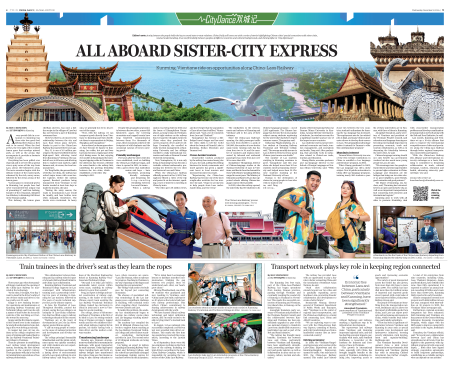
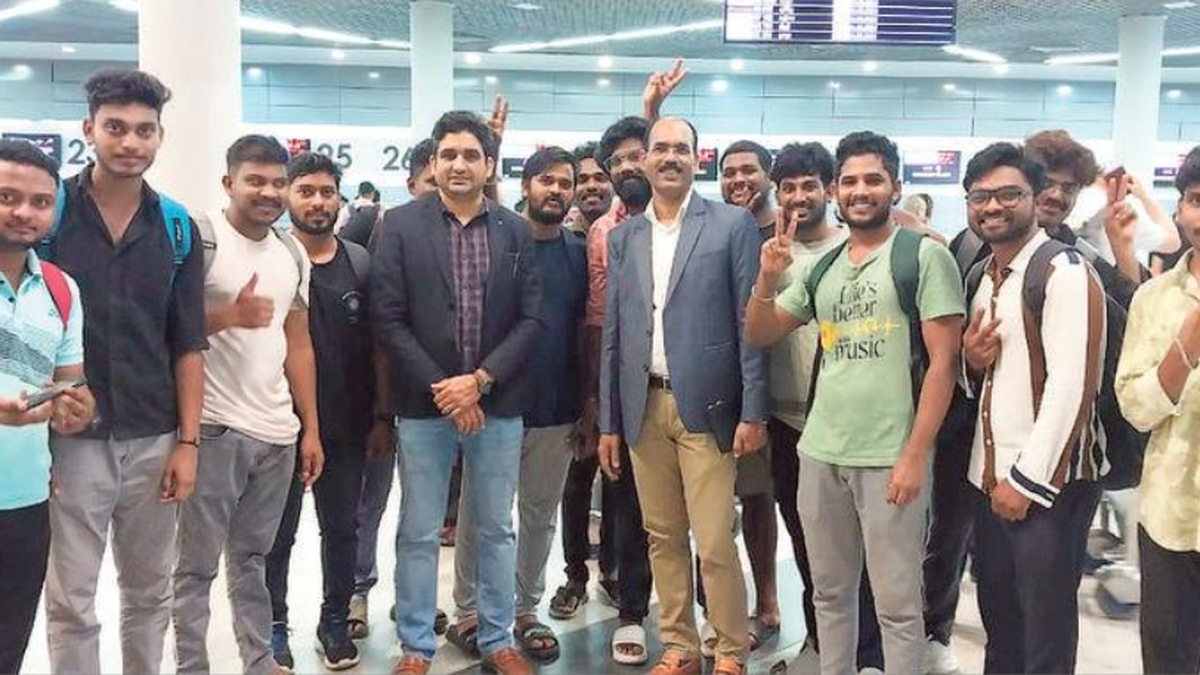

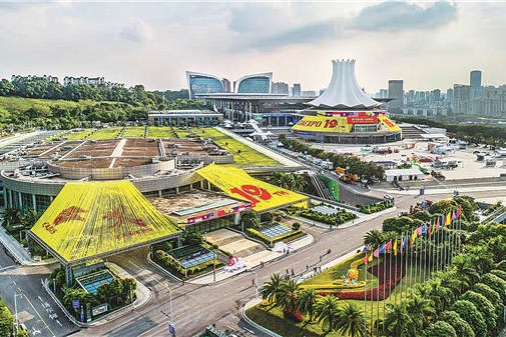

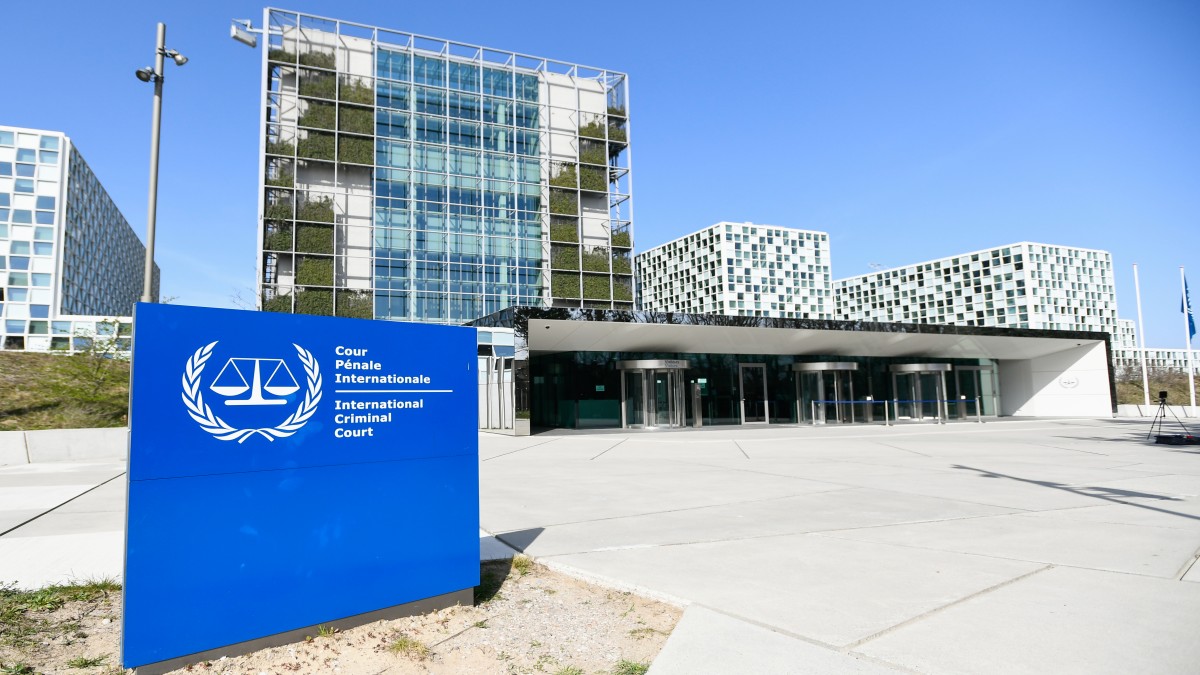)

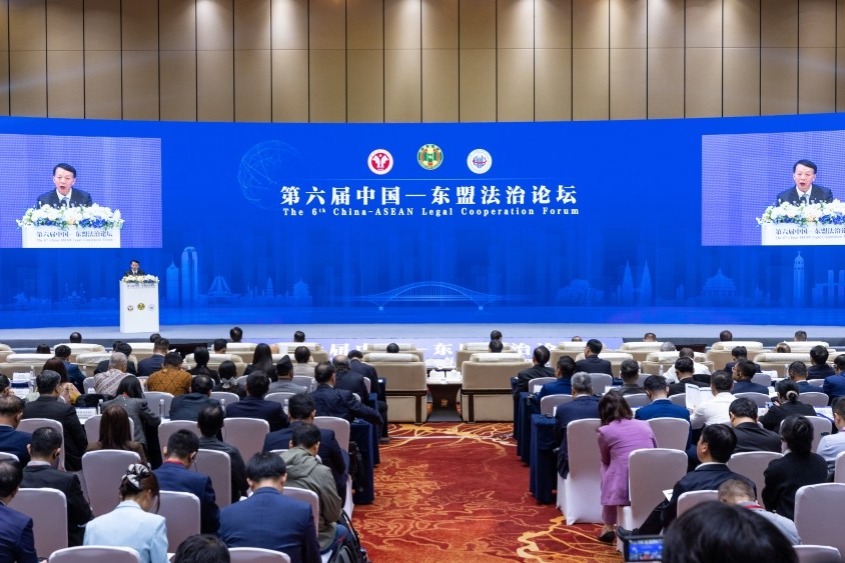


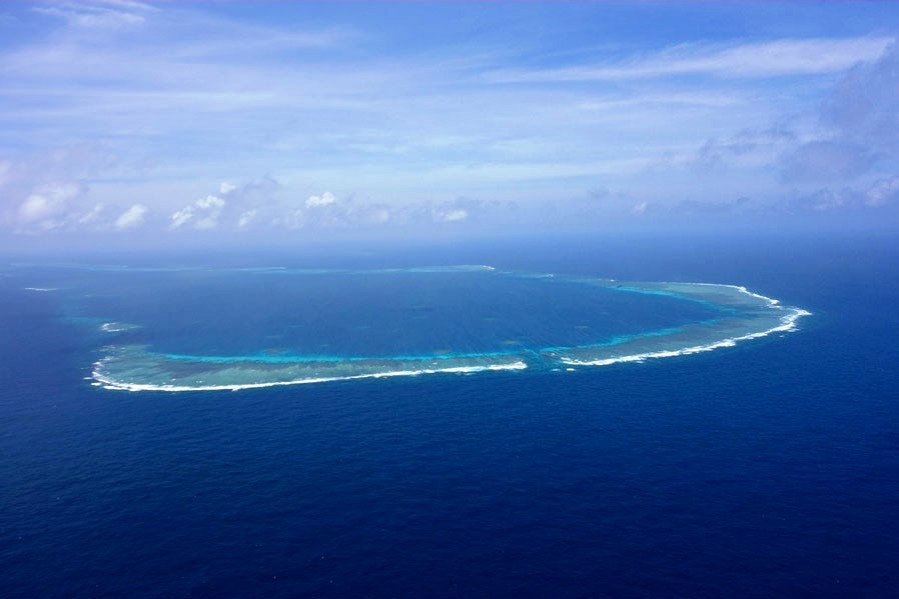
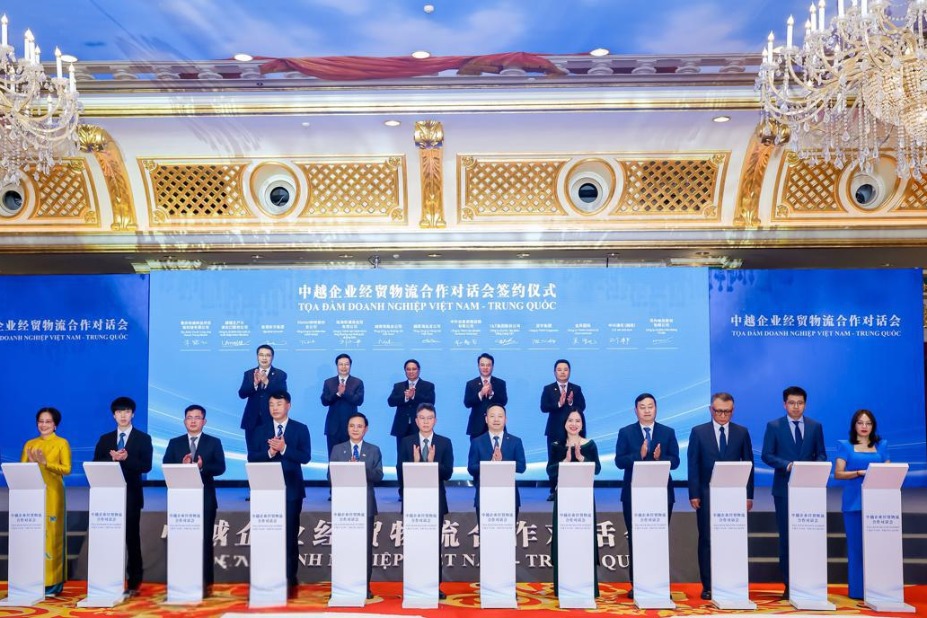


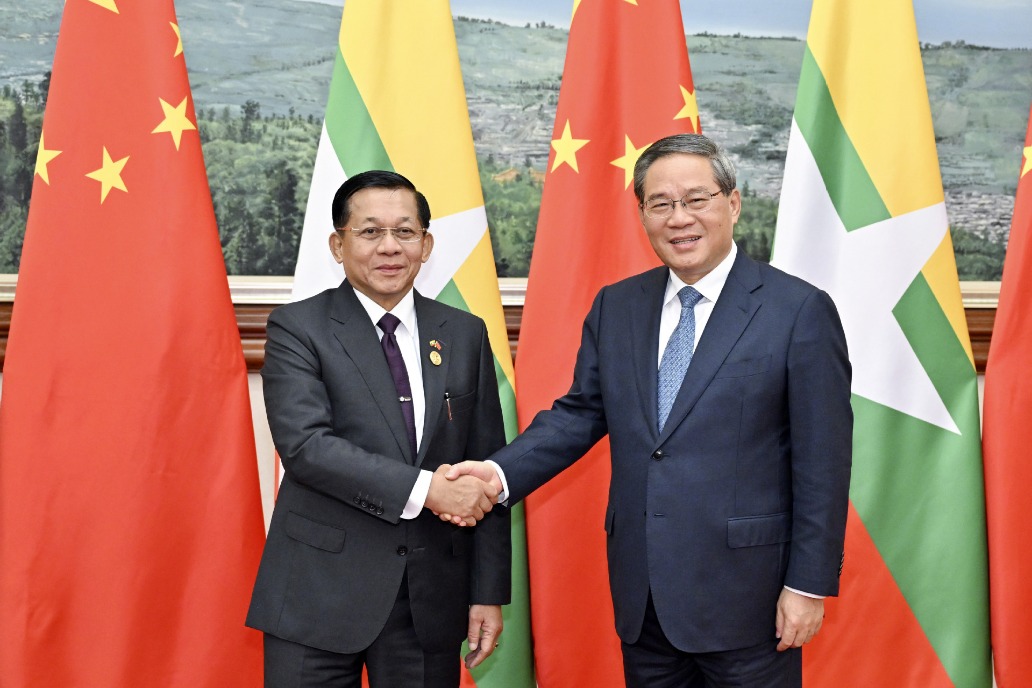



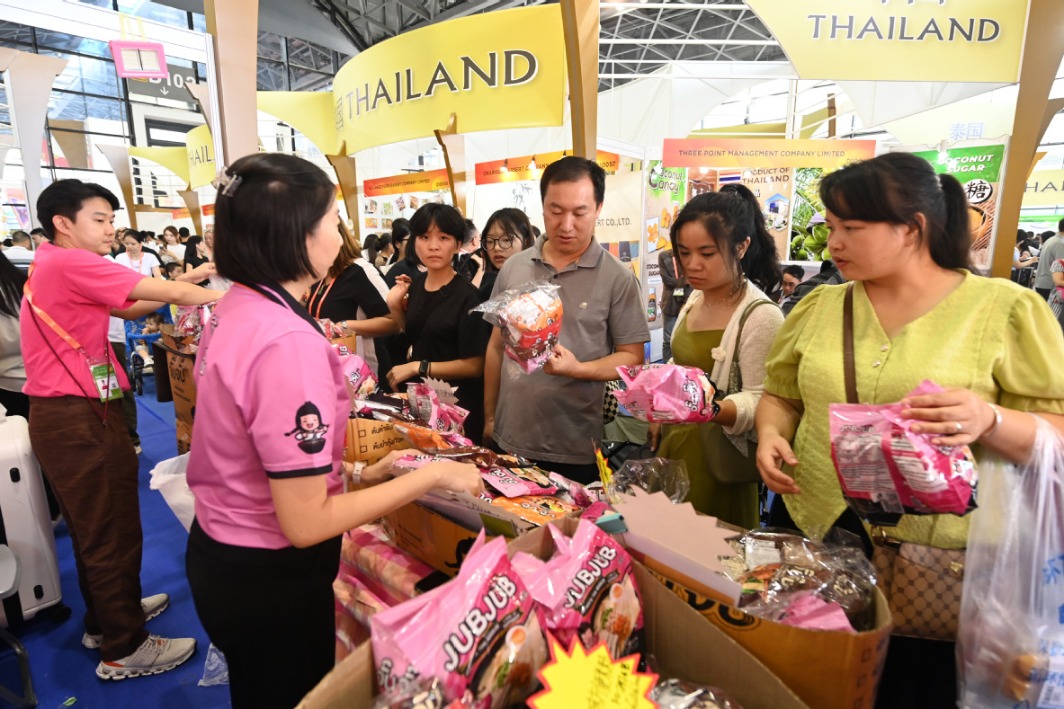


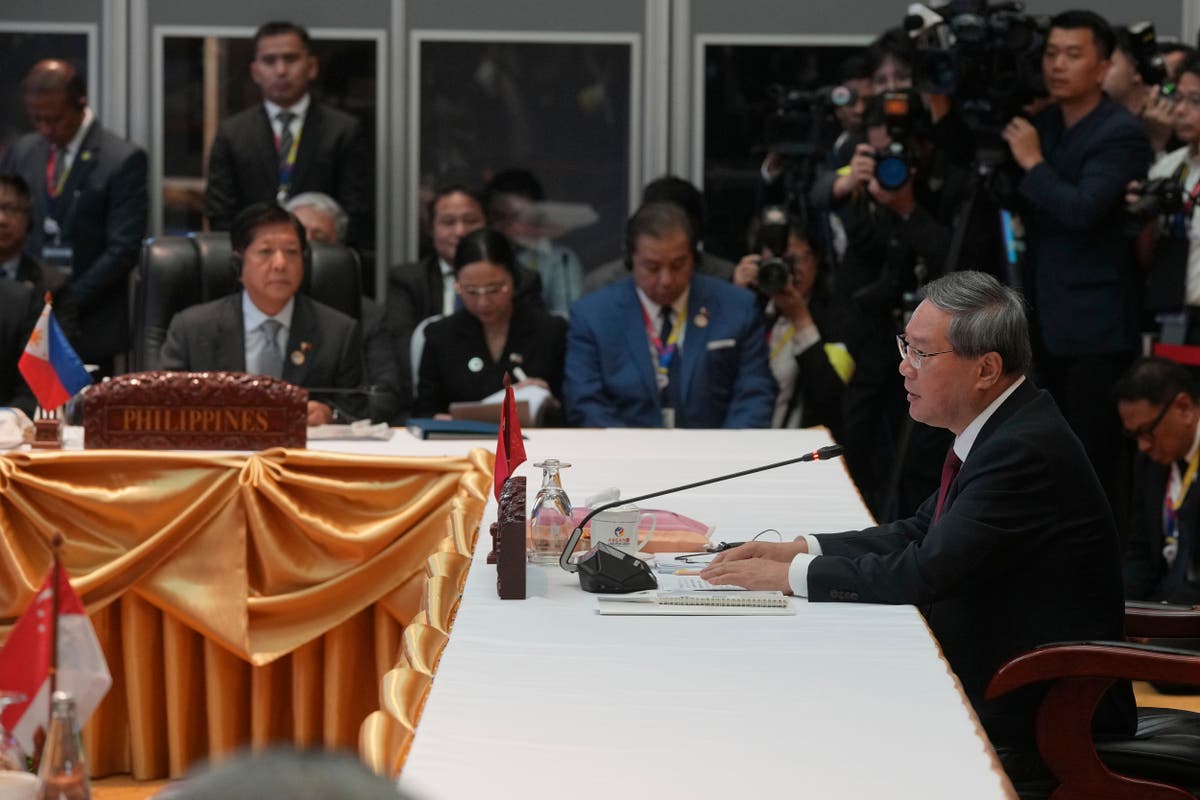
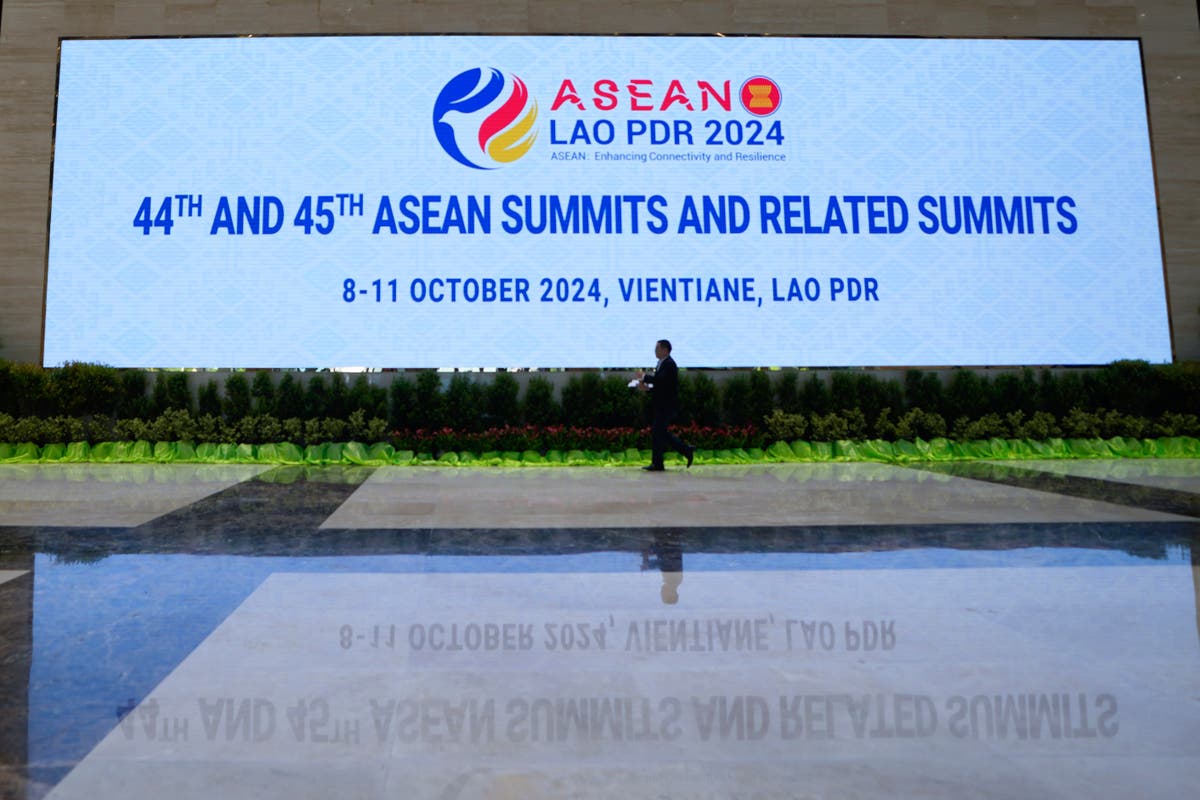

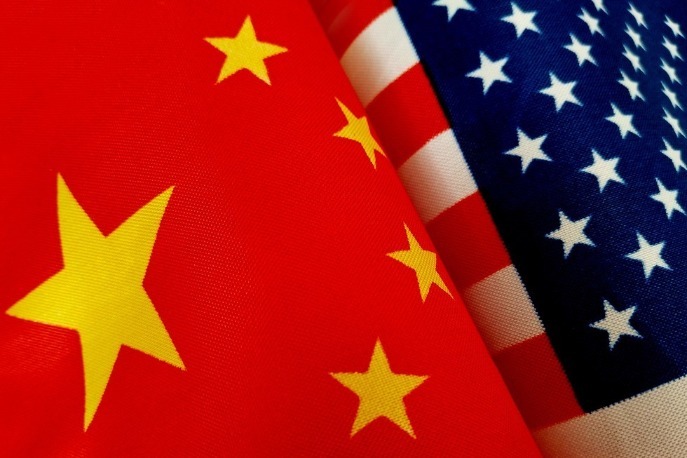

)
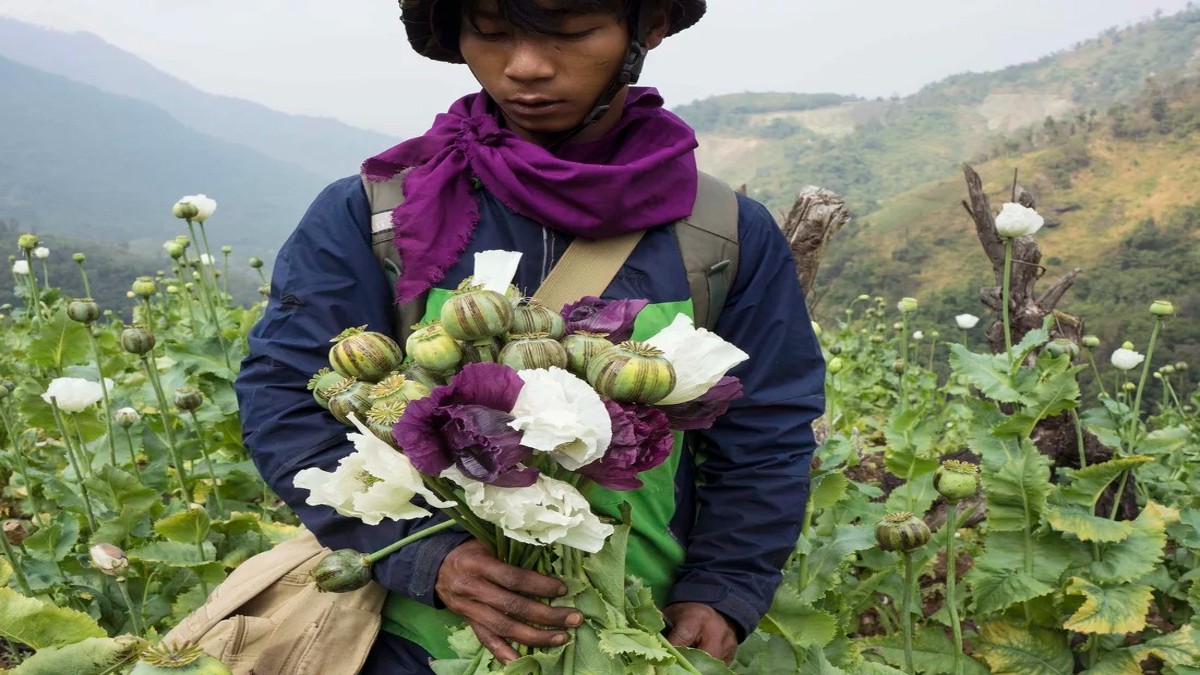)
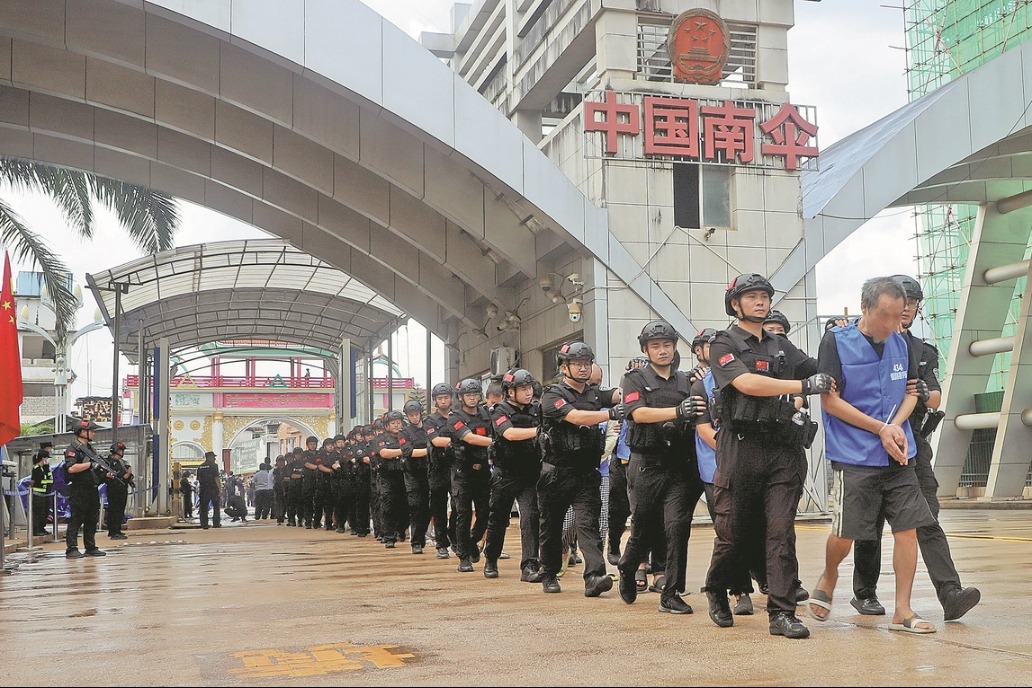
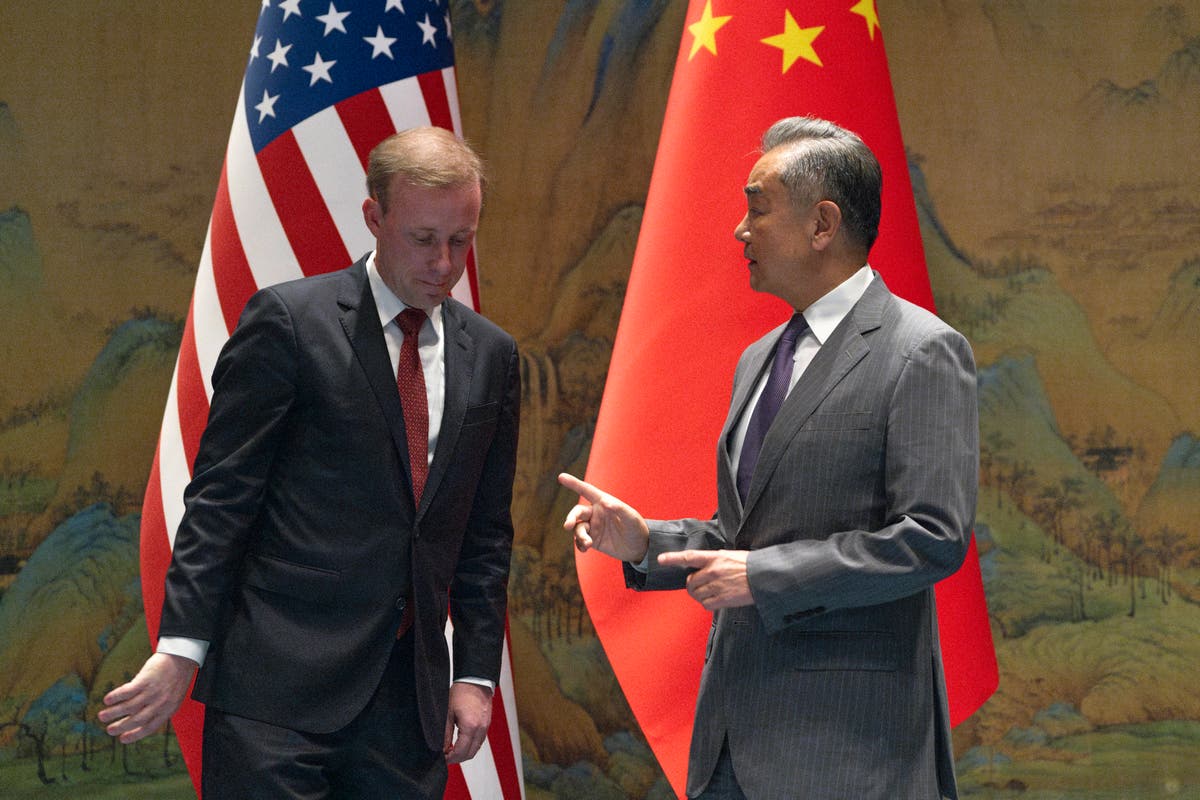
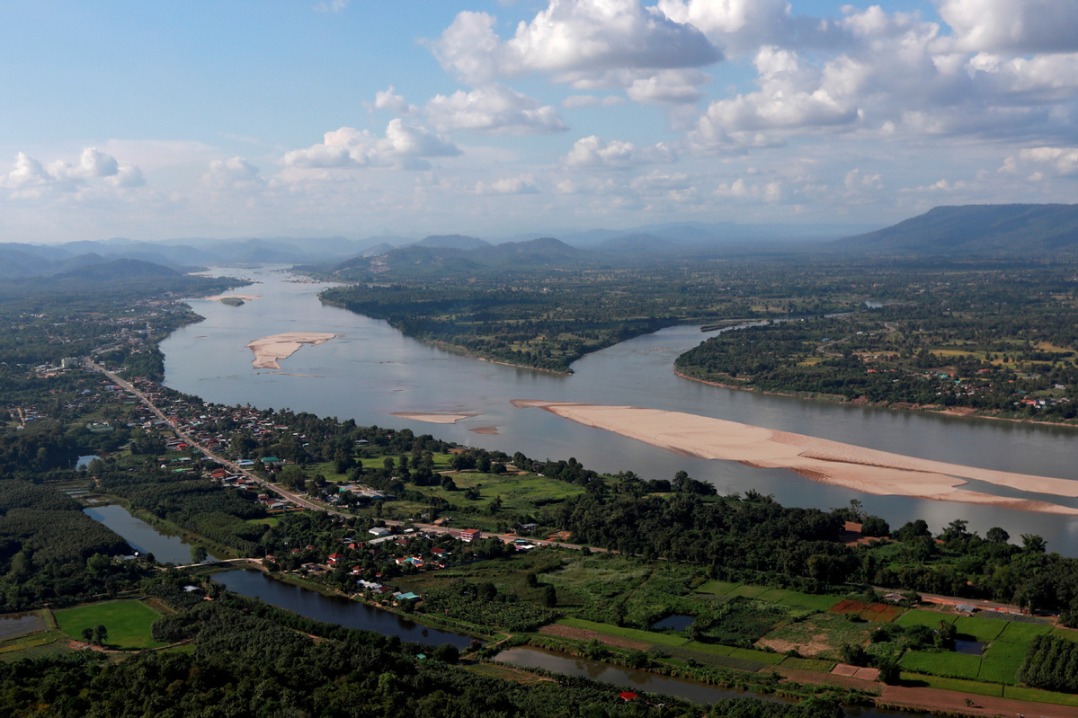
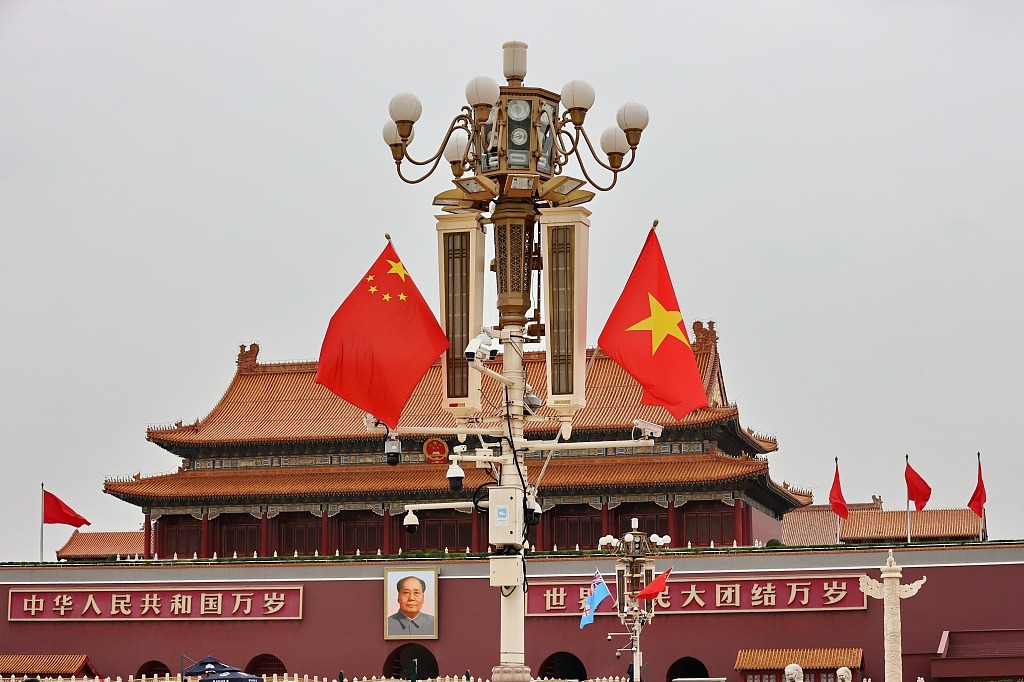
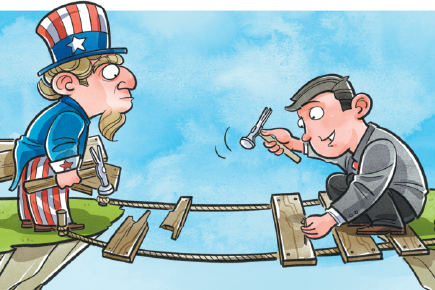

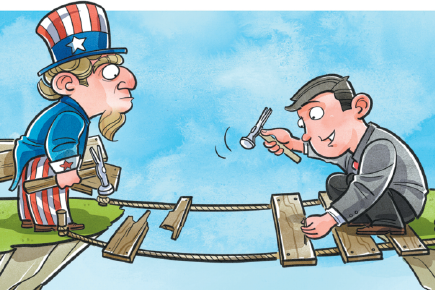

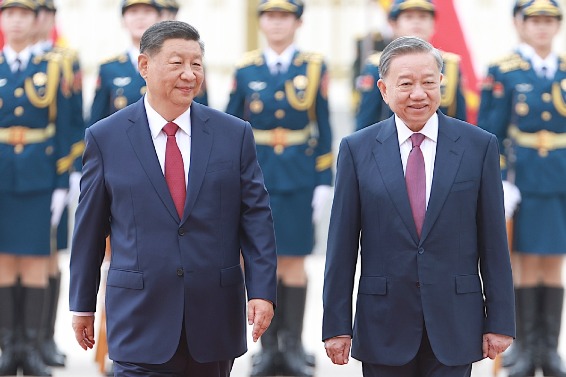


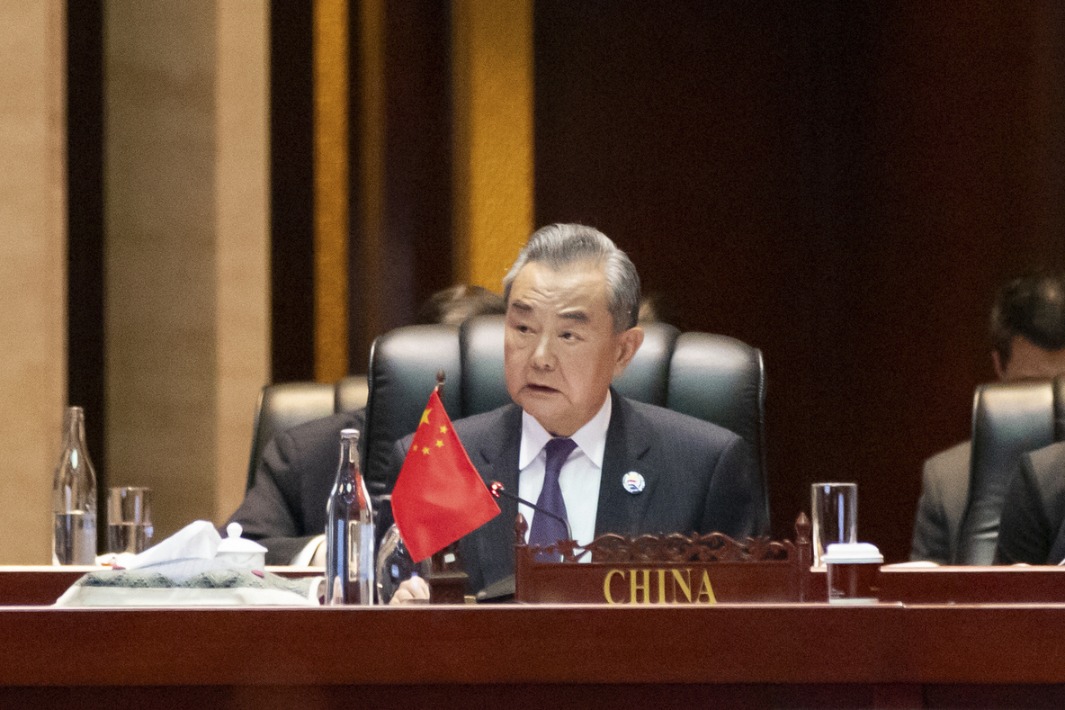

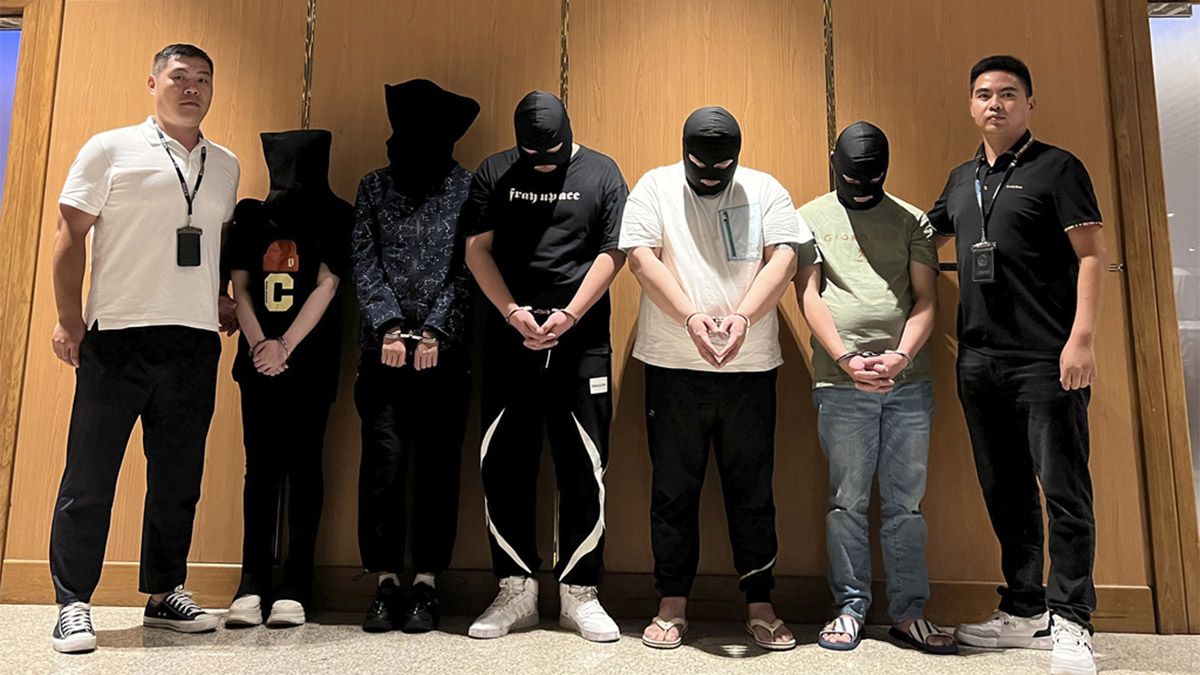)
)
